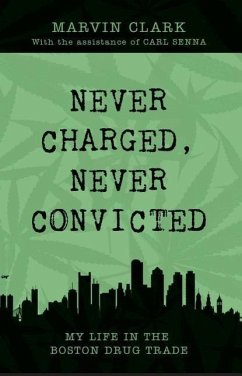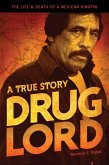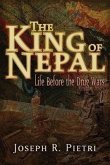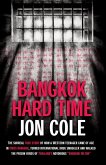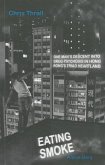This book reveals Marvin Clark's fascinating life as a Boston drug dealer from 1960-1990 and a participant in some of seminal events of the latter 20th century. As a drug dealer, Clark became a rare survivor of the government's attempt to stop the distribution. The value of Clark's memoir is to show us how the government turned quite helpless when a major segment of our future leaders, that is, the college youth of the period, began to defy government policies as hypocritical and oppressive. Clark relates what it was like to have lived on the edge of this exciting and pivotal part of American history. His drug peddling operation was never full time; and he was able to attend college while selling illegal drugs during the desegregation of the schools, race riots, and daily demonstrations against the Vietnam War. Clark depicts Boston at the beginning of South American drug smuggling into the city. The Baby Boomers of the post-World War II years seize upon pot smoking as a political symbol of youth freedom. Clark shows us how he too often justified his trafficking as a moral crusade against political hypocrisy and social injustice. The advocates and dealers provoke sharp denunciations from President Lyndon Johnson to George Bush. Once demands for Clark's drugs become established, politicians began to question whether hash sentences for marijuana possession really suppress trafficking it. This valuable memoir begins with the post-World War II domestic migration of African Americans from the deep South. Few readers may be unaware of the underworld's activities during the political rallies and the end he shows that he was all along among the idealists, political radicals, and hippies, most of his contemporaries were blind to the foreign and underworld drug traffickers.

